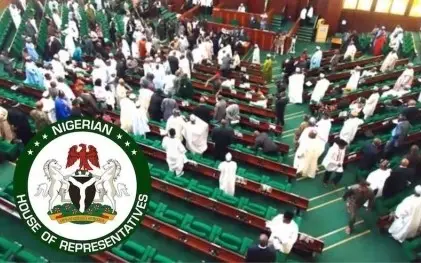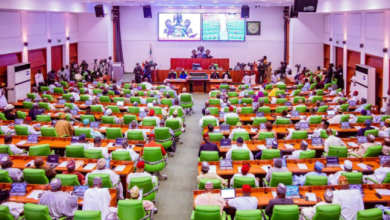NASS seeks CBN clarification on 1,000 staff layoffs, ₦50bn compensation

The Speaker of the House of Representatives, Tajudeen Abbas, has asked the Central Bank of Nigeria to provide clarification on the dismissal of about 1,000 staff members and the subsequent payment of a N50bn compensation package to the disengaged persons.
Abbas made the demands while declaring open an investigative hearing of the Ad-hoc Committee of the House, investigating the CBN’s termination/dismissal of members of staff on Friday in Abuja.
Recall that the CBN had earlier explained that its Early Exit Package for staff is entirely voluntary and that participation is not mandatory.
The Acting Director of Corporate Communications, Mrs Hakama Sidi-Ali, in a statement, assured staff and the public that no employee would be forced into early retirement under the scheme.
The Central Bank of Nigeria has dismissed claims of forced mass retirements, clarifying that its Early Exit Package is entirely voluntary and without any negative repercussions for eligible staff”, the statement partly read.
However, the Speaker tasked the panel chaired by the Chief Whip of the House, Bello Kumo to probe the rationale behind the decision, particularly in light of the current economic challenges facing the country.
Represented at the event by the Deputy Speaker, Benjamin Kalu, Speaker Abbas emphasised the need for transparency in the matter, noting that the welfare and rights of the affected employees must be protected.
Furthermore, the committee will scrutinise the process through which the N50bn severance package was determined. We must ascertain whether the principles of due diligence, fairness and due process were strictly adhered to in arriving at this figure. Transparency in such matters is key to maintaining public trust and ensuring the integrity of our institutions.
“As a legislative body, we recognise the widely accepted principle of running a leaner and more efficient government. We also understand the CBN’s prerogative in determining policies that align with its operational efficiency. However, it is imperative that such decisions are balanced against the welfare and rights of employees, as well as the long-term implications for institutional stability.”






